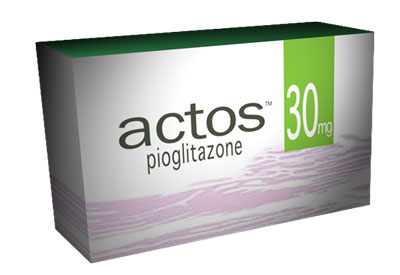 New Delhi:
New Delhi: The Health Ministry has banned the sale and manufacture of three popular medicines – pioglitazone (a popular anti-diabetes drug), analgin (a painkiller) and deanxit (an anti-depressant) – after it decided that the drugs posed a high health risk.
The decision came in the wake of the government’s stand on suspending drugs which are prohibited in leading markets like the US, UK, European Union and Australia. The health ministry has suspended the drugs under Section 26A of the Drugs and Cosmetics Act, 1940. The ministry had been indecisive about banning analgin and deanxit for years now and a Parliamentary Standing Committee had pointed out that despite being banned in most markets they were still available in India.
While the decision to ban deanxit and analgin has been welcomed by experts, the ban on pioglitazone and its combinations has taken many by surprise and it’s estimated that it will hit a clutch of companies who sell it including major ones like Abbott, Sun Pharma, Ranbaxy and Wockhardt. The pioglitazone combination market is even bigger with over 30 companies selling the drug. As recently as February the drug’s sale in the US by an Indian company was approved by the USFDA and a generic version of it is sold in the US by Ranbaxy Laboratories.
Nonetheless, pioglitazone has a long history of causing bad side-effects. The drug causes muscle aches, headache, respiratory infections etc. If it is combined with insulin in cases of severe diabetes, it can lead to edema or swelling of the body. Hence, if the diabetic is also suffering from heart disease, it has potential for worsening the heart disease. Studies have shown that Pioglitazone can cause liver-related side effects like nausea, vomiting, loss of appetite, dark coloured urine, pain in the abdomen etc. Regular monitoring of the liver tests is highly recommended for patients on the drug. In older premenopausal women, it may induce ovulation leading to fear of pregnancy. In France, pioglitazone has been completely banned while in the US it’s sold with a warning saying it can cause heart failure and bladder cancer.
Anti-diabetic drugs which lower blood glues (glitazones) have a rather controversial history with many of them banned globally and in India. Three years ago another drug from this family, rosiglitazone was banned following a decision by the EU.
Too little, too late?The decision to ban these drugs comes 2 months after a parliamentary standing committee accused the government of ‘dilly-dallying and procrastinating’ over serious irregularities in the approval of various drugs, many of them banned in countries like the US. It seems that our drug inspectors had approved 33 drugs without clinical trials and even after the matter came to light, they’ve failed to take any decisive action against them. The committee went as far as to accuse the government of colluding with the intention of saving the guilty.
 New Delhi: The Health Ministry has banned the sale and manufacture of three popular medicines – pioglitazone (a popular anti-diabetes drug), analgin (a painkiller) and deanxit (an anti-depressant) – after it decided that the drugs posed a high health risk.
New Delhi: The Health Ministry has banned the sale and manufacture of three popular medicines – pioglitazone (a popular anti-diabetes drug), analgin (a painkiller) and deanxit (an anti-depressant) – after it decided that the drugs posed a high health risk. 